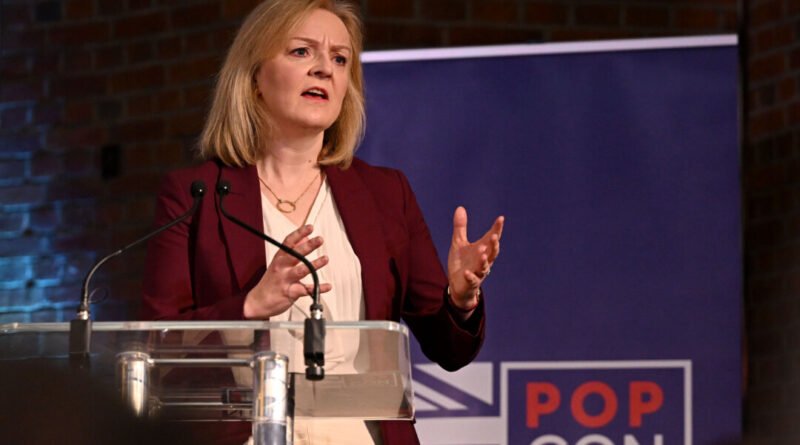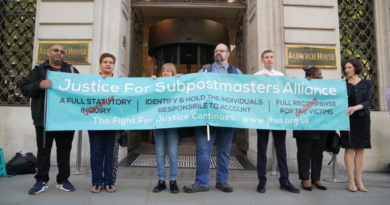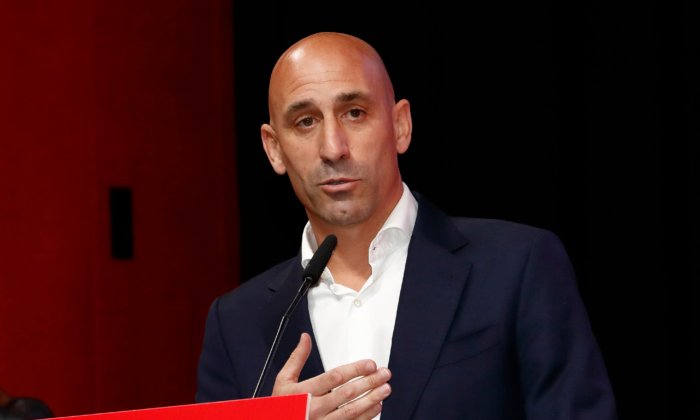Group Endorsed by Liz Truss Suggests That Controlling Migration Could Increase Household Wealth by £1,100
The Institute for Fiscal Studies has cautioned about a £25 billion gap in public spending, while a research group has advocated for the elimination of inheritance tax.
The Growth Commission, an economic research group founded by former Prime Minister Liz Truss, presented research on Monday suggesting that addressing net migration could result in households being over £1,100 richer before the upcoming Budget.
The commission’s report, aimed at combating the UK’s slow economic growth, proposes two significant changes – a strategic decrease in net migration and the removal of inheritance tax – in an effort to influence Chancellor Jeremy Hunt’s policy decision ahead of Budget Day on March 6.
The research suggests that a calculated reduction in annual net migration, from current levels to a target of 150,000 by 2028, could boost GDP per capita by 2.1 percent, resulting in an annual increase of £1,157 per person in 2023. However, this measure may potentially reduce GDP by 2.4 percent by 2045.
IFS Warns of Financial Challenges
These findings come at a time of growing concern over the UK’s tax burden, which is expected to rise significantly by the end of the decade, as highlighted by the Institute for Fiscal Studies (IFS) on Tuesday. With tax thresholds frozen and corporate tax rates increasing, the IFS predicts a significant increase in financial pressure on both businesses and individuals.
The government’s plans to address net migration have come under scrutiny from the IFS, which cautioned about a looming £25 billion gap in public spending exacerbated by a growing population and strained public services. Despite the potential revenue gains from a larger tax base, the per capita allocation for public services is anticipated to remain stagnant.
In a statement released on Tuesday, Martin Miklos, a research economist at the IFS, remarked: “In November’s autumn statement, the Chancellor disregarded the impacts of higher inflation on public service budgets and instead utilized additional tax revenues for noteworthy tax reductions.
“At the upcoming Budget, he might be enticed to employ a similar strategy, this time banking on the increased revenues that come from a larger population while disregarding the additional pressures a larger population will place on the NHS, local government, and other services.
“He might even consider reducing tentative spending plans for the next Parliament further to create more room for tax reductions.
“The Chancellor should resist this urge. Until the Government is willing to provide more specifics on its spending plans in a spending review, it should refrain from detailing tax reductions.”
Inheritance Tax Trumps Income Tax
Alongside its migration analysis, the Growth Commission also explored the comparative impact of various tax changes on economic growth. Abolishing inheritance tax emerged as a more potent driver for augmenting per capita GDP than a similar reduction in income tax.
Doing away with inheritance tax, which is estimated to generate £7.6 billion in 2024–2025, could potentially lead to a 1.4 percent rise in per capita GDP, equating to a £757 benefit per individual. This is in stark contrast to the slight 0.3 percent increase expected from tweaking income tax rates.
Mr. McWilliams noted: “Before conducting the analysis, I was skeptical about the idea of abolishing inheritance tax. However, the research is quite convincing, demonstrating that the tax has negative effects on savings, prompting a departure of high taxpayers and encouraging premature retirements.
“With an aging population and numerous other countries with low or zero rates of inheritance tax, retaining this tax for purely ideological reasons appears to be a luxury the UK can’t afford.”
His co-chairman, Shanker Singham, told The Telegraph: “Not all taxes have the same impact on GDP per capita. By being more precise about the type of tax cuts we choose, we can foster growth while safeguarding public finances.”
While the chancellor faces pressure to address the housing crisis, partially attributed to current levels of immigration, the Growth Commission highlighted the cumbersome nature of Britain’s planning system.
Mr. McWilliams stated: “The ultimate solution lies in revamping the planning system. However, given that the system is presently governed by a daunting 3,240 pages of regulations, such reform cannot be achieved immediately. This is why a reduction in net migration serves as a practical interim measure.”






